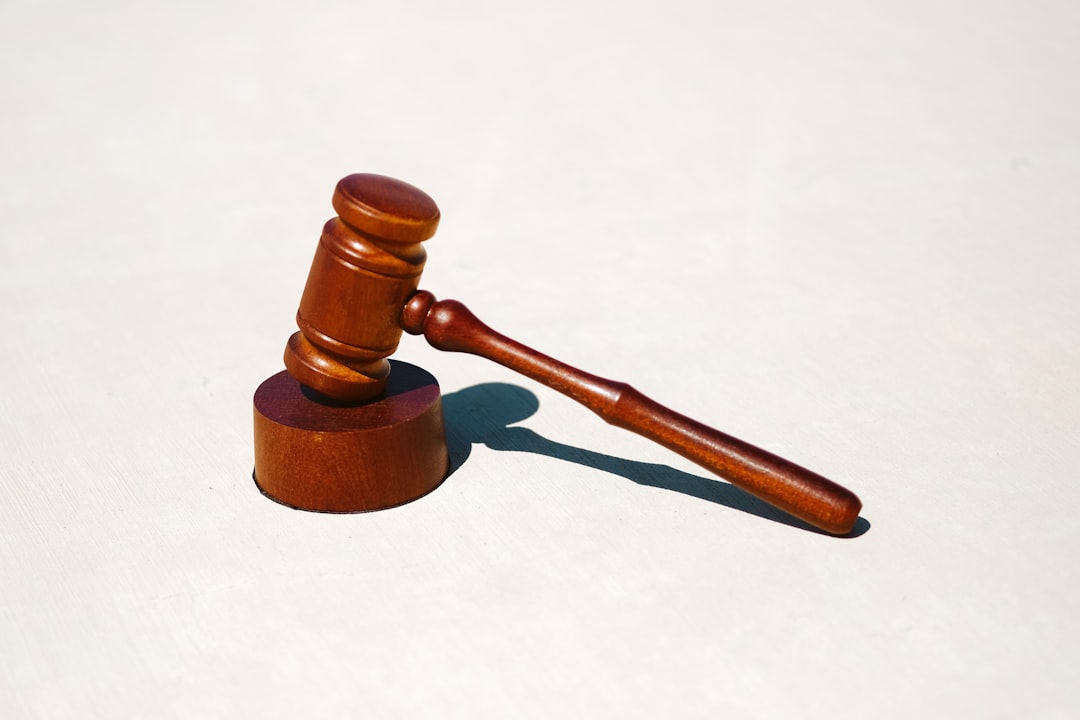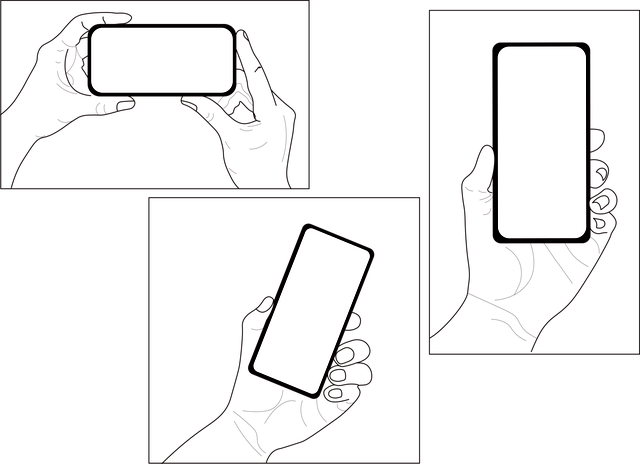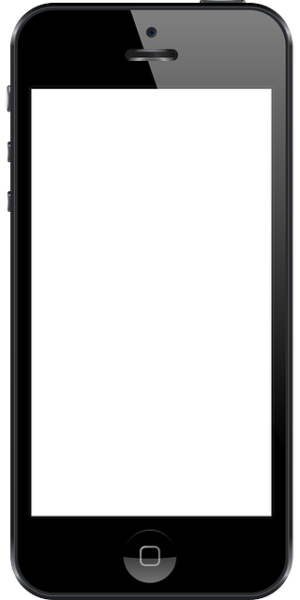In Charleston, West Virginia, law firms using autodialers for marketing must prioritize consent and compliance with state laws to protect consumers. By building opt-in lists, personalizing messages, and respecting privacy, firms can effectively leverage autodialers while maintaining ethical boundaries, fostering client trust, and avoiding legal issues related to the TCPA.
In Charleston, leveraging autodialers can significantly enhance your business strategies, especially for law firms looking to expand their marketing reach. However, responsible usage is paramount due to evolving regulations in West Virginia. This article guides you through navigating the legal landscape of autodialers, offering best practices tailored for law firm marketing in Charleston, and exploring ethical considerations to ensure compliance and client trust. Discover how to harness autodialer technology effectively while adhering to West Virginia laws.
Understanding Autodialer Regulations in West Virginia

In Charleston, West Virginia, businesses using autodialers for marketing or outreach purposes must adhere to specific regulations aimed at protecting consumers from unwanted phone calls. The state’s laws governing autodialer use are designed to ensure transparency and respect for individual privacy. These regulations are particularly relevant for law firms employing automated calling technology to contact potential clients.
West Virginia’s autodialer law firm guidelines stipulate that businesses must obtain prior consent from recipients before initiating automated telephone calls. This means that any marketing or sales calls using an autodialer system should be preceded by a clear and concise opt-in from the caller, ensuring compliance with state laws. Understanding and adhering to these regulations is crucial for maintaining legal integrity in business practices while utilizing autodialers effectively and responsibly.
Best Practices for Law Firm Marketing in Charleston

In the competitive legal landscape of Charleston, West Virginia, utilizing autodialers for marketing can provide a significant edge. Best practices dictate that law firms should prioritize consent and compliance, ensuring all contact is made with the recipient’s knowledge and agreement. Opt-in lists are crucial, and obtaining explicit permission from potential clients ensures a robust and ethical marketing strategy.
Additionally, personalization and context matter. Tailor messages to reflect the specific legal services offered, ensuring relevance to the recipient’s needs. Time sensitivity is another key aspect; intelligent autodialer programs can send timely reminders or updates, enhancing client engagement without becoming intrusive. This balanced approach leverages technology while upholding professional standards, making your firm’s marketing efforts both effective and responsible in the West Virginia market.
Ethical Considerations for Using Autodialers

When implementing autodialers in your Charleston business, especially if you’re a law firm in West Virginia, ethical considerations cannot be overlooked. The use of automated phone dialing systems is heavily regulated to prevent harassment and ensure consumer privacy. Businesses must adhere to laws like the Telephone Consumer Protection Act (TCPA) which dictates how and when pre-recorded or autodialed messages can be sent.
To maintain responsible practices, companies should obtain explicit consent from recipients before making automated calls, provide a clear opt-out mechanism, and respect request to stop calling. Transparent communication about the use of autodialers fosters trust with clients and potential customers, protecting your business from legal repercussions while promoting effective marketing strategies within the boundaries of ethical responsibility.






